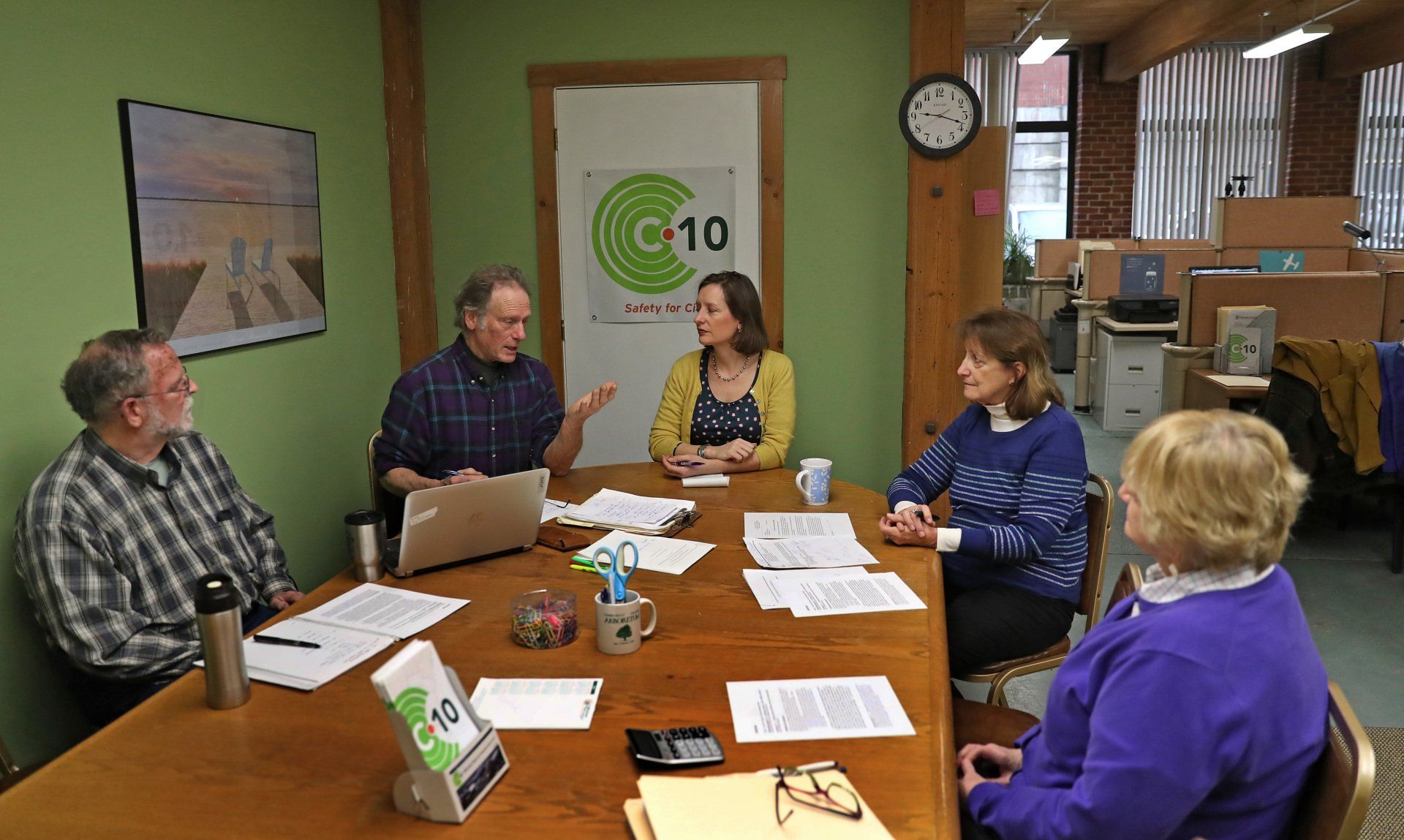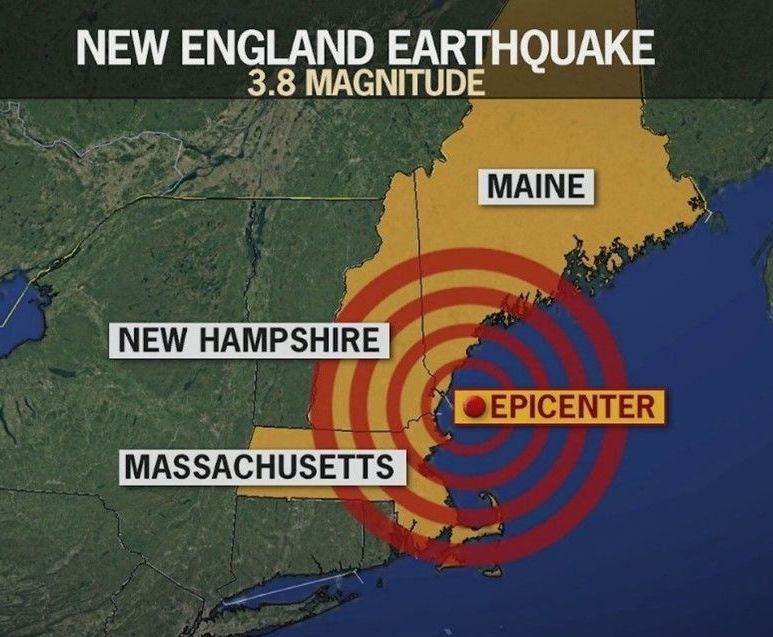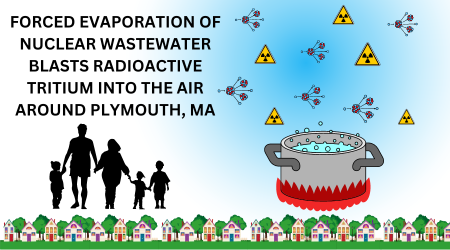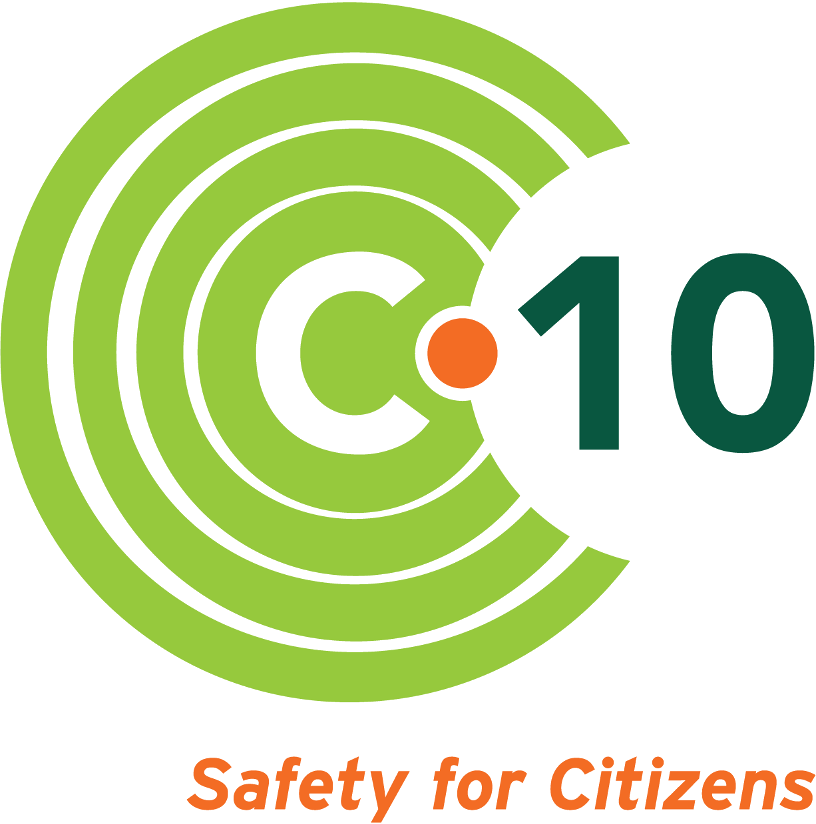Disregarding public input, NRC renews Seabrook's license til 2050
- By Natalie Hildt Treat
- •
- 12 Mar, 2019
C-10 remains focused on concrete hearing this summer

On March 12, 2019, a day after granting NextEra Energy Seabrook the license amendment request relative to the plant's concrete aging management plans, the U.S. Nuclear Regulatory Commission issued a renewed facility operating license for Seabrook Station to keep splitting atoms until midnight on March 15, 2050.
C-10 Executive Director Natalie Hildt Treat issued the following statement in response to the licensing action:
C-10 Executive Director Natalie Hildt Treat issued the following statement in response to the licensing action:
It is disappointing, though not surprising, that the NRC chose to push forward and grant both the license amendment request and the license extension for Seabrook Station, before serious questions about the nuclear plant's degraded concrete get a full public vetting.
The Commission has said it will allow Seabrook to operate for up to thirty more years, without a reasonable assurance that its structures meet its own requirements for safety during an earthquake.
In so doing, NRC has shown disregard for the concerns of numerous citizens, elected officials, and the Massachusetts Attorney General, who had urged them to delay rulings until after the Atomic Safety and Licensing Board hears from C-10 and Dr. Victor Saouma, an internationally-recognized expert in concrete and the problem of alkali-silica reaction (ASR) that has weakened Seabrook's structures.
In a filing to the NRC dated March 1, 2019
Dr. Saouma stated that: "In my expert opinion, the manner in which the NRC Staff reviewed and accepted NextEra’s testing and analysis programs was so devoid of scientific rigor or independence as to fatally undermine the credibility of its determinations regarding the safety of continuing to operate Seabrook in the presence of ASR."
These licensing actions don't deter C-10's preparation for the public hearing we anticipate in late summer. Our organization remains laser-focused on exposing the scientific and regulatory short-comings of this process, and we are committed to working on behalf of public safety.
Follow us



